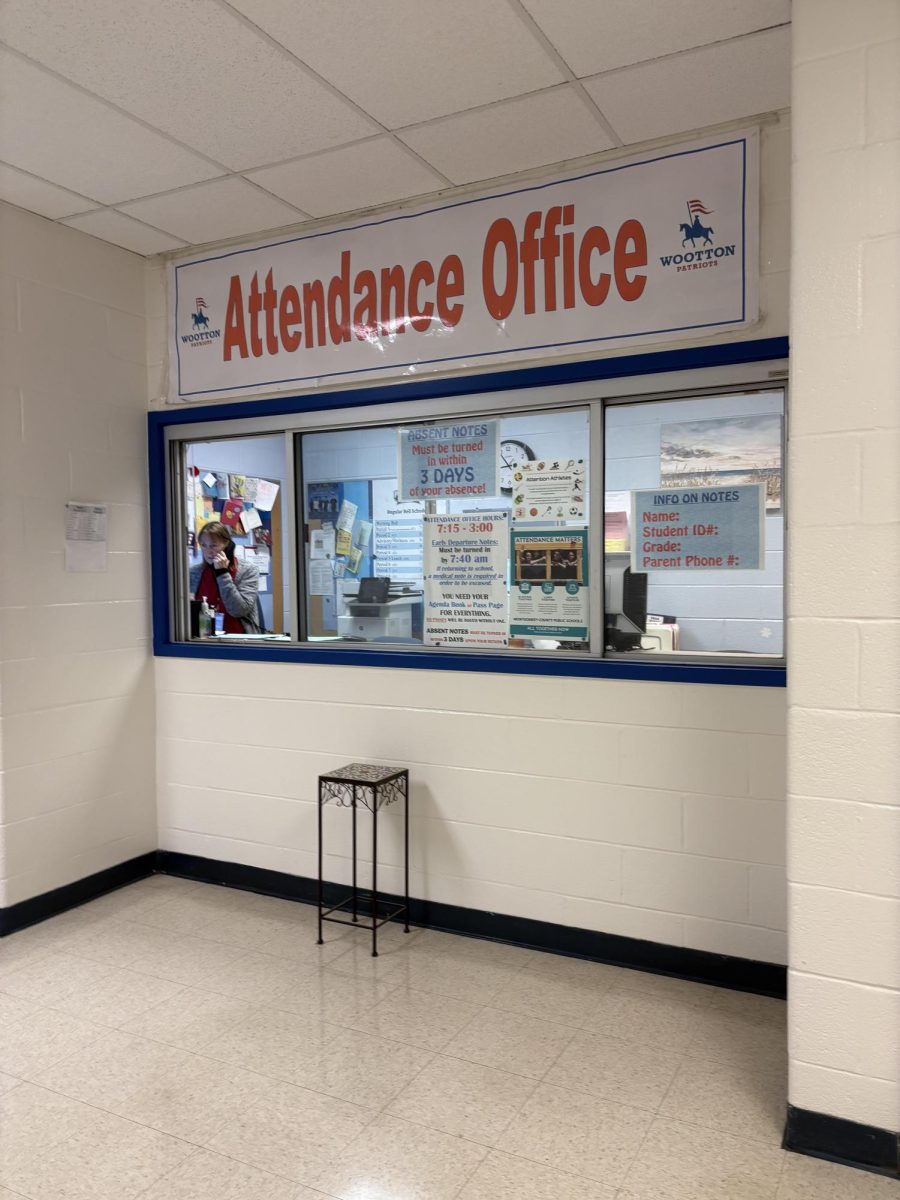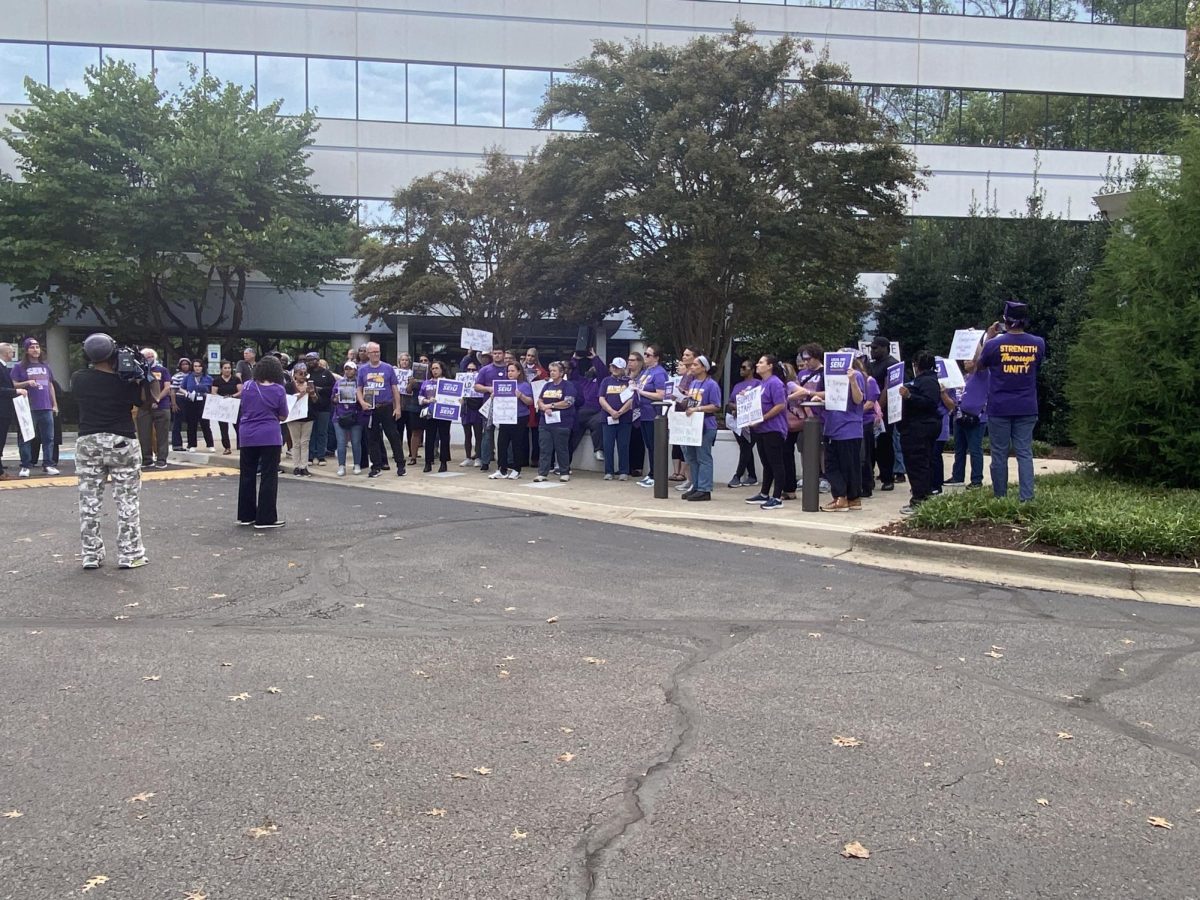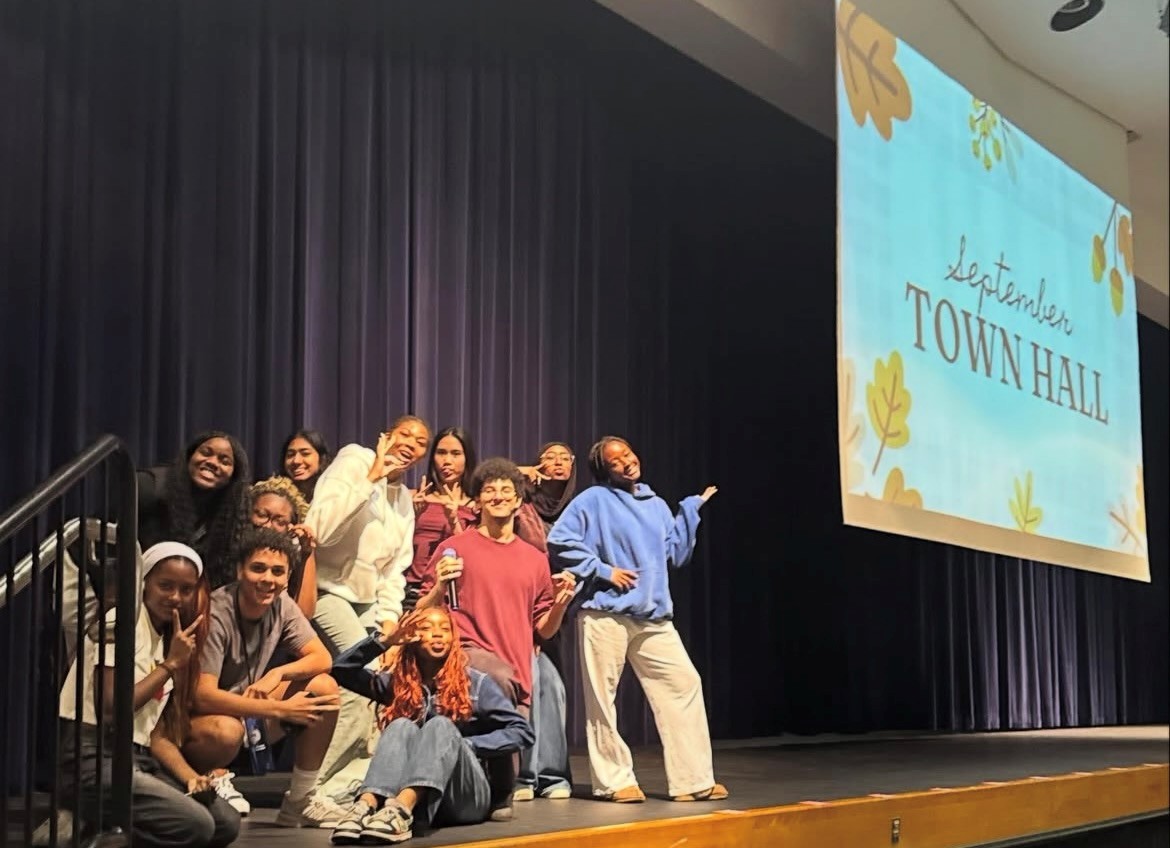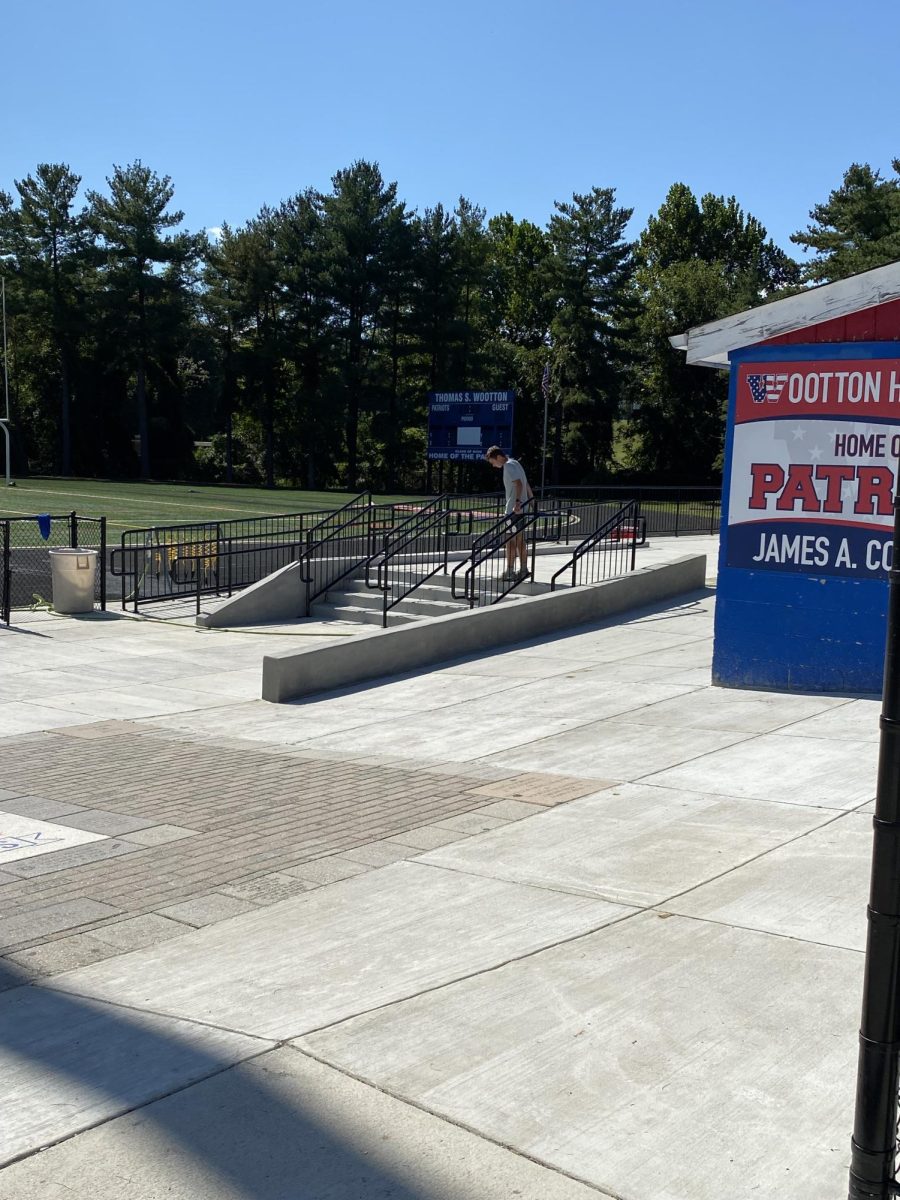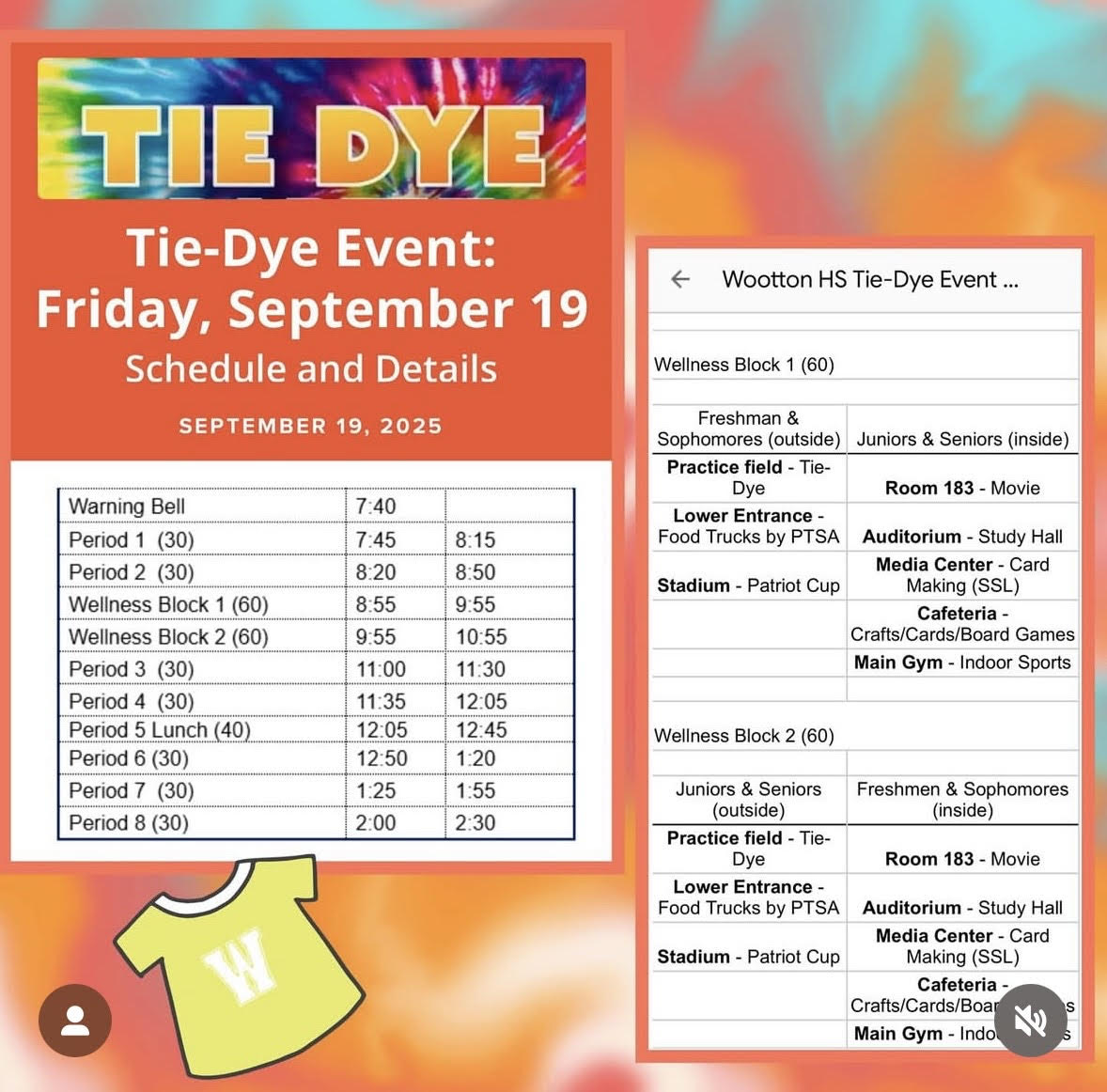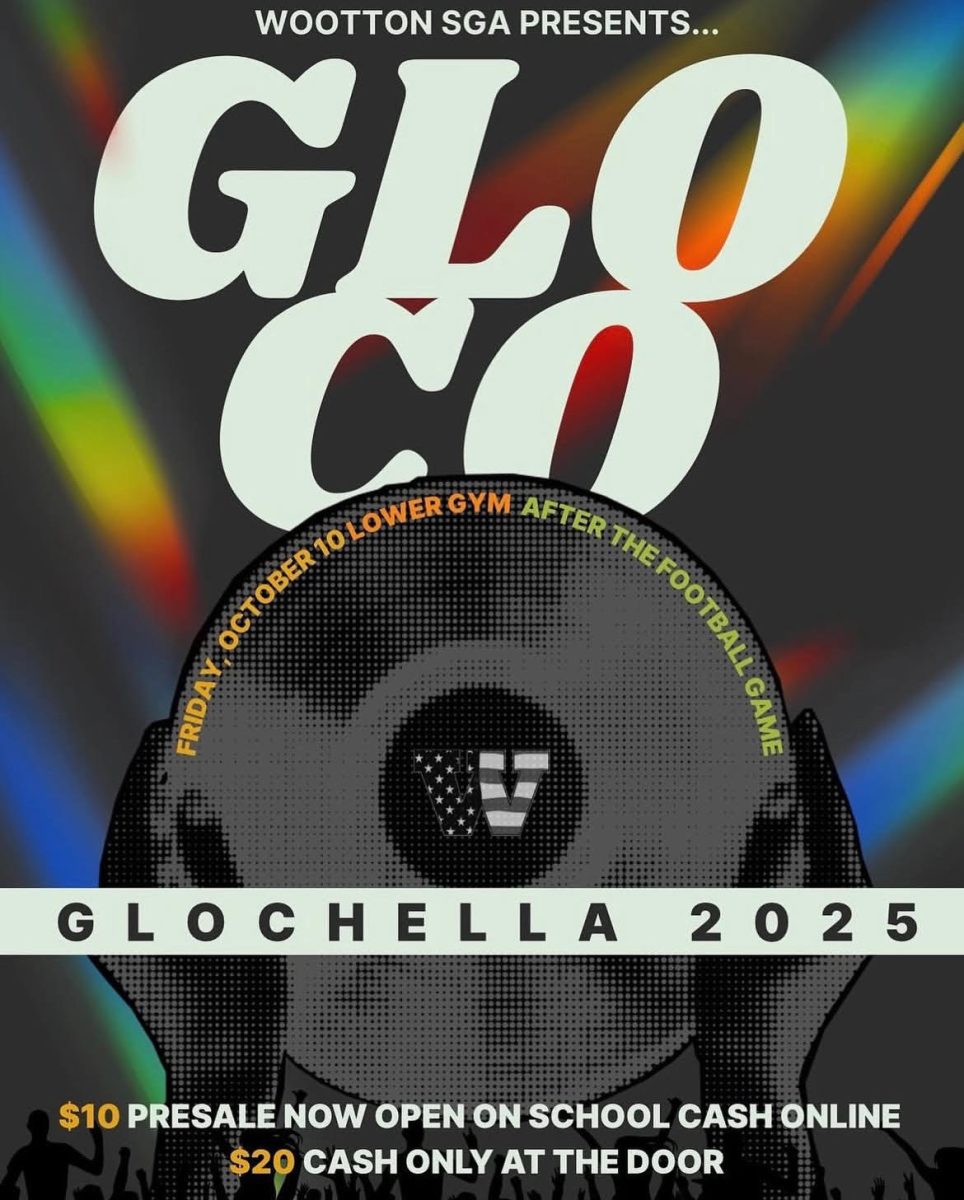Given the ubiquitous nature of literature and its importance throughout a majority of cultures worldwide, some have begun to question the diversity of the texts that are assigned to high school English classes. This is due to the fact that the literary canon that is taught in high schools seems to be made up of older western literature mainly written by white males from an older time period, including Shakespeare, Orwell, Steinbeck, and Fitzgerald, and students and teachers have advocated for a change in the curriculum.
One reason for the individuals questioning the texts is representation of various ethnicities, situations, and other differing backgrounds from the traditional. According to Harvard Political Review, “[I]n New York City Public Schools[, w]hile only 14.9 percent of students are white, almost half of the books in the district’s curriculum feature white main characters. Furthermore, 19.4 percent of students have disabilities, but only nine percent of the schools’ books include disabled characters. While the goal may not be a precise 1:1 ratio, it is troubling that such a wide gulf exists between literature and reality.”
Others have argued that teaching literature in a culturally sensitive fashion requires more than just an alteration of the books taught in the curriculum. According to a 2012 article by Ryan Angus and Luciana C. De Olivera of Purdue University, “As Villegas and Lucas (2002) point out, culturally responsive teaching is more than just a set of techniques or a tailored curriculum. It requires that teachers ‘have a high degree of sociocultural consciousness, hold affirming views of students of diverse backgrounds, see themselves as agents of change, understand and embrace constructivist views of learning and teaching, and know the students in their classes[.]’… Teachers in diverse classrooms must cultivate an ‘ethic of caring’, … that shows students that they matter and their teacher is concerned for their well-being. Similar to the Villegas and Lucas … assertion that teachers act as ‘agents of change,’ it is necessary that teachers cultivate a high level of self-efficacy towards their diverse learners.”
English teacher Dominique Parker said, “I think if I look across the years I’ve been here, which is about a decade or so, we’ve improved greatly; specifically in the last two years. There’s been a real push in the county and in this department to use books that are more than just the classics, or what some people call ‘dead old white men.’ … We have newer authors, some of them students won’t see until next year because of when we get the books, but I think we’re working hard within the constraints of the budget, etc. to diversify the curriculum.”


